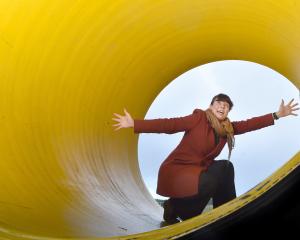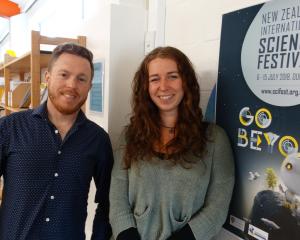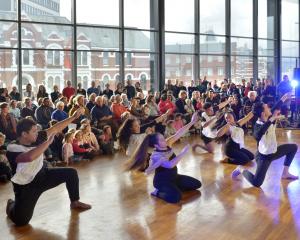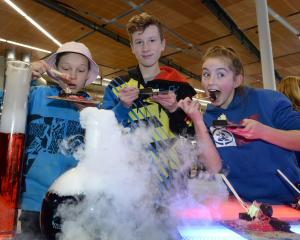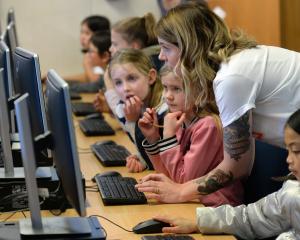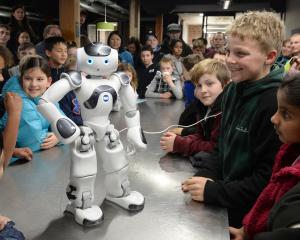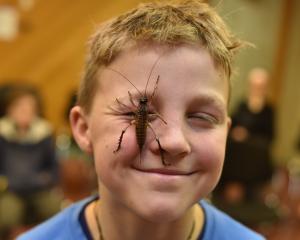
Although more than 230 events were offered - up from 180 previously - at least 60% of the seats were sold out before the festival began, director Dan Hendra said.
"What a phenomenal week of challenging people to share our festival theme and 'Go Beyond'," Mr Hendra said.
He was yesterday delighted with the success of the 11th of the festivals, which run every two years - "I think it's been outstanding".
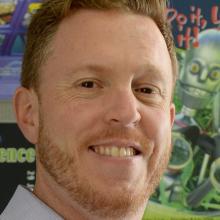
Organisers said detailed figures were not yet available, but it seemed likely more than 20,000 people attended, up from 16,000 visitors to the previous festival.
Events were offered in 24 locations throughout the city during the 10-day festival programme.
"With our new science hubs set up throughout the city, we're reaching and engaging with more people than ever before," Mr Hendra said.
"In South Dunedin alone, we had 300 people through the doors every day" - six times the average 50 who had attended the pop-up community hub, in Hillside Rd, when the festival was not running.
"In our Vogel St venue, we had 1500 through the doors.
"And judging by the huge numbers of kids at our events - and the massive smiles on their faces - our vision to inspire a new generation of science lovers has certainly been fulfilled," he said.
Among the many sold-out shows: a five-show season of Charlie, Estelle and the Poppazoid Show, developed by former television presenter Jodie Bate; a six-show season featuring former Dunedin singer and musician Anthonie Tonnon at the Otago Museum planetarium; and a Otago Museum talk to a capacity 230-strong audience by University of Otago graduate and television host Nigel Latta.
Several factors had contributed to the success: including a strong team of organisers, an increased marketing budget, the offering of more adult discussion sessions, which proved popular, and breaking down the barriers between arts and sciences by offering a blend of both, Mr Hendra said.
"I really wanted to make sure the people came along," he said.
Adding to the lively mix had been strong Maori elements, including a closing multidisciplinary dance performance at the Toitu Otago Settlers Museum yesterday, inspired by the story of Matariki and its origins.
Inspired by the work of University of Waikato Maori astronomer Dr Rangi Matamua - one of this year's festival guests - Hahakaranga was performed to a capacity crowd and also offered "an inspiring collaboration between science and the arts", Mr Hendra said.
Mr Hendra had been to as many of the festival events as he could, had "talked to a lot of people", and the feedback "has been fantastic, really positive".
The 12th festival will be held in July 2020, and Mr Hendra promised an even bigger and more action-packed programme.
Last week, the Dunedin City Council committed to $75,000 in festival funding, organisers said.
Mr Hendra said this was his first festival, he was a new director who had done many new things, but the event had also benefited from its long-term history and "so many families, in particular, are aware of it".

